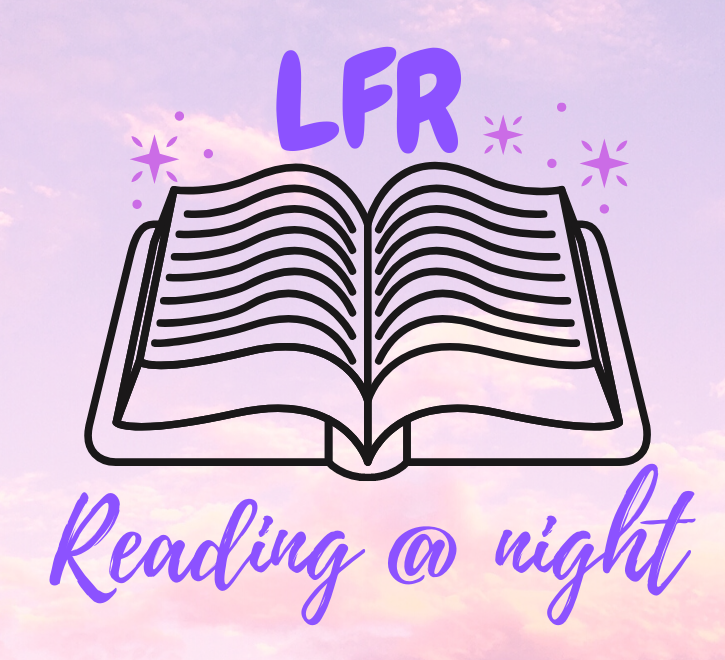Last December, I participated in #Readingintranslation – a readathon about reading translated books. I am glad I took part in the readathon as it made me rediscover my love for translated books <3 Translated books deserve so much more love!! I plan to read more translated books in 2021. I am also going to be participating in the Invisible Cities Reading Project which is a year-long project dedicated to reading translated literature!
These are the books I planned to read and I think I did pretty good by sticking to most of the books on the list (I read the Three Body Problem in January and I absolutely loved it!):
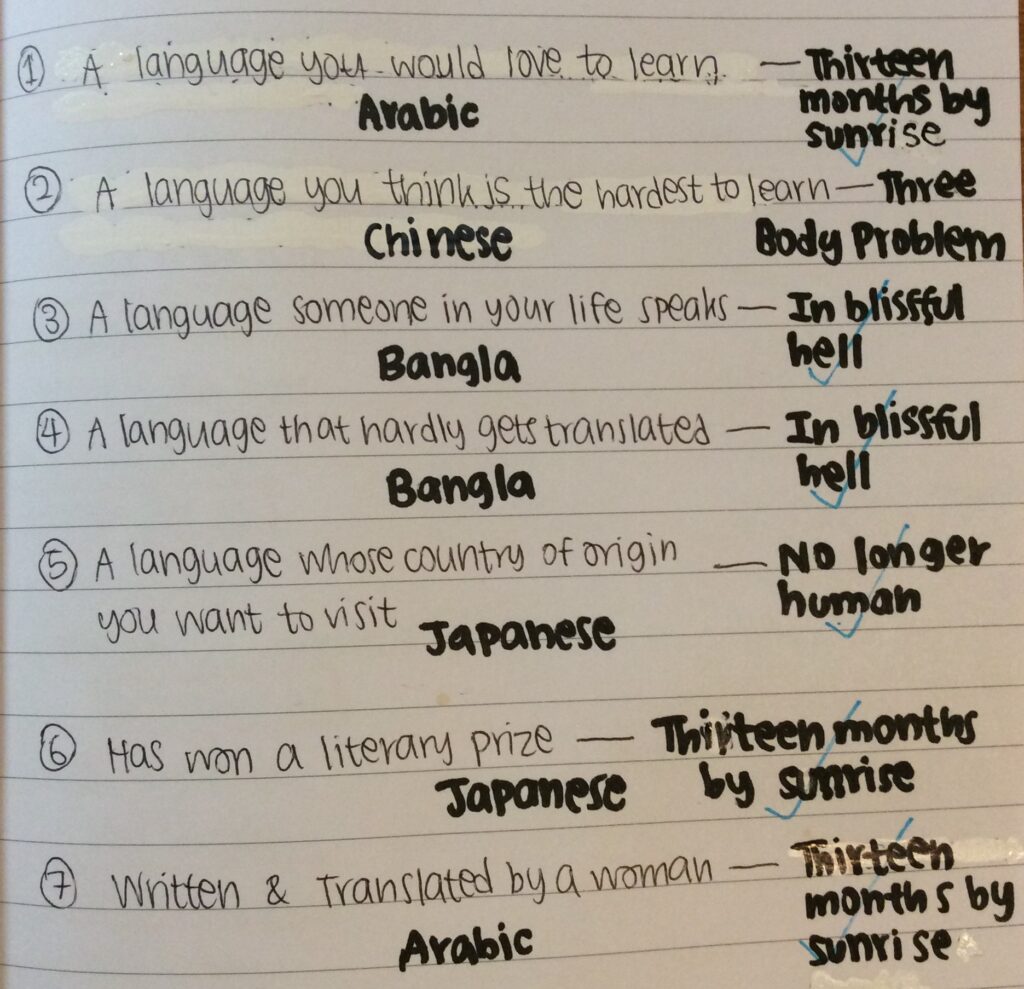
Please pardon my error: I wrote Japanese instead of Arabic for prompt number 6.
✩
Thirteen months of sunrise- Rania Mamoun
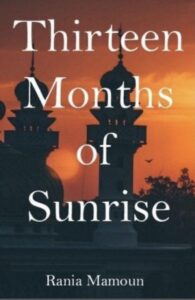

Truly one of the best short story collections I read in 2020!!! I have not been enjoying short stories lately but this book really surprised me. From the first story, I felt a deep emotional connection with Rania’s writing. Her beautiful descriptions of the lives of Sudanese people made me weep and smile. Even if the stories ranged from 2 pages to about 10 pages, they were all meaningful. I feel that even if you read one story or a few stories from this book, you would feel an impact. This was how powerful the author’s writing is.
This book explores themes of poverty, alienation, corruption, discrimination, difficulties women face or just everyday lives of people in Sudan. The stories highlight the importance of friendship, love, companionship and compassion amongst many other things. They very much mirror real life and makes you ponder about life.
I could talk about all the stories in detail but I am afraid I will bore you so I think you should experience the magic of her writing yourself 😀
You should definitely check out this review which captures the beauty of Rania’s writing: https://booksandbao.com/review-thirteen-months-of-sunrise-by-rania-mamoun/!
✩
In blissful hell- Humayun Ahmed
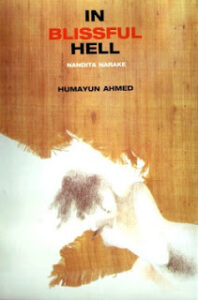

I was pleasantly surprised when I stumbled across this book when looking for translated Bangla books! I love Humayun Ahmed’s writing and his stories. However, I was not as blown away by this book.
The story itself is simple, it is about a family who is poor. The main perspective we follow is Humayun, who laments about the sorrow he feels for his family’s condition. His family has barely any money to get by and he hopes to change that by getting a job. We learn that his sister also has a mental health condition. As the story goes on, they face many hardships. It was heartbreaking to read their story as it was so real. This happens so many people around the world in real life.
While I felt for the characters, I could not help thinking that the translation felt off. Many of the sentences felt repetitive and read like they were translated word for word. Being bilingual in both Bangla and English, the sentences seemed all the more bothersome to read. However, the translator cannot be blamed as I believe Bangla is his first language.
Another issue that bothered me was the depiction of mental illness. Rabeya, the Humayun’s sister was depicted to be ‘crazy’ and many people looked at her with pity or contempt. I don’t know if that was what the author intended to portray but that was what I got from reading the descriptions. Perhaps, that is just how the society in Bangladesh viewed mental illness in the past so that was why it was written that way.
Lastly, the ending part of the story just felt bizarre. Monty, Humayun’s brother suddenly does something drastic and lands his family in trouble. The issue was resolved rapidly and the book just ended in such an abrupt manner. (which you know is one of my pet peeves)
I really wanted to like this book and empathise more with the characters but in the end, the story just felt weirdly constructed and was disappointing. I will try to read the Bangla version of this book if I can find it and compare with this version.
✩
No longer human- Osamu Dazai
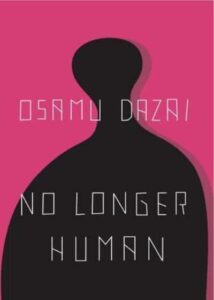

Trigger warnings: suicidal thoughts, depression, death, addiction to drugs and alcohol, suicide attempt(s)
This was a really bleak portrayal of the human condition. It shows how the main character faces relentless sorrow throughout his life which makes him question his existence as a human. After reading this book, I found myself getting an existential crisis. It made me ponder about what makes me human and life itself.
The main character, Yozo introduces himself in an interesting manner. He explains how he does not experience any human emotions. In order to hide his inability to feel, he pretends to be human by ‘clowning’ others which basically means to act foolishly or make jokes to make others laugh. He narrates how he is able to trick others through this method until one day somehow discover his secret. From then on, he experiences the sorrows of his life. He begins to discover the dark intentions of human beings. Slowly, he begins to harbor trauma and pain. He too succumbs to the vices of human life.
The writing was so powerful. The feelings of loneliness, emptiness and alienation were captured perfectly. These feelings can truly erode away your sense of belonging to life. That was exactly how Yozo was feeling. Fearing human interaction, he does not open up to anyone about what he truly thinks and feels. As Yozo felt lonelier and lonelier, I felt lonely along with him too.
After reading this book, I found out that it is semi-autobiographical which makes it all the more devastating.
I do not know if I would recommend this book but if you decide to read it, do not read it if you are not doing so well mentally as this book is depressing.
✩
Kim Jiyoung, born in 1982- Cho Nam-Joo
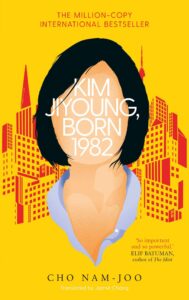

This book was not originally on my list but I had borrowed it a while ago and it fit in perfectly with the readathon. A friend of mine had recommended this book to me a while ago. Since we have similar tastes, I knew I was going to love this book. However, I was a little let down by the last chapter of this book.
The story is about Kim Ji young who is born in 1982 in Seoul. We follow her story throughout her life, from her early years to when she becomes a mother. From a young age to her university years, Ji young realises that boys/men are given much more priority in society. In school, boys are given the chance to get food first compared to girls just because they are seen as the ones to ‘lead’ the school. When it came to leaders in the school, it was only the boys who were recommended. Unfortunately, this discrimination also took place in the workplace, with men getting more job opportunities and salary.
The turning point of the story is when Ji young leaves her job to take care of her newborn daughter. This highlights the harsh reality of Korean society (I think it is prevalent in many societies) – women are expected to give up their job to take care of their children while the husband works. She finds it unfair but she has no choice. At a certain point, she suddenly begins to show ‘strange’ symptoms so her husband brings her to see a psychiatrist. Is it because she is not in the right state of mind or is it something else?
I thought that the discussions around how male figures policed how women or girls dressed and presented themselves were done excellently. It is disturbing how this is still prevalent in society these days. Women or girls are always blamed when it comes to sexual assault cases. Comments like ‘she should not have dressed like that’ and ‘she should not have looked at him are directed towards the girl or woman who has been assaulted. This is what Ji young experiences but she cannot do anything about it. After all, how do you change the way society thinks?
However, I did not quite like how the last chapter ended. (Do you sense a theme lol) It was a little confusing as I did not understand what happened to Ji young and what was going on in the story. I am not saying anymore cause spoilers. Perhaps, I need to read over it again.
I highly recommend this book. I believe more people should read this book. Change can only occur if there is awareness around the discrimination and injustice women or girls face. However, it also depends on whether society is willing to change.
✩
Thank you for reading this recap!! I hope you enjoyed it and will give these books a try. I hope to share my best books of 2020 soon! Till next time, take care 🙂
